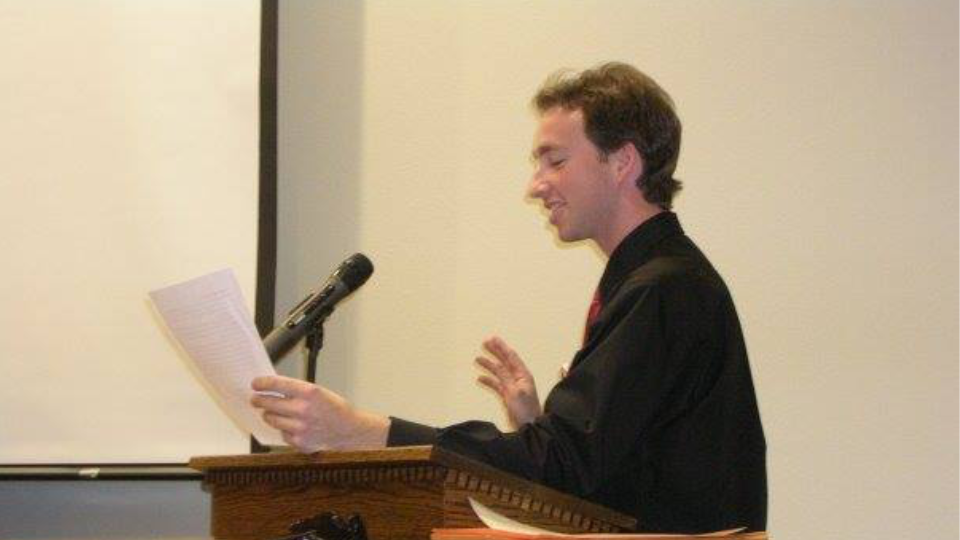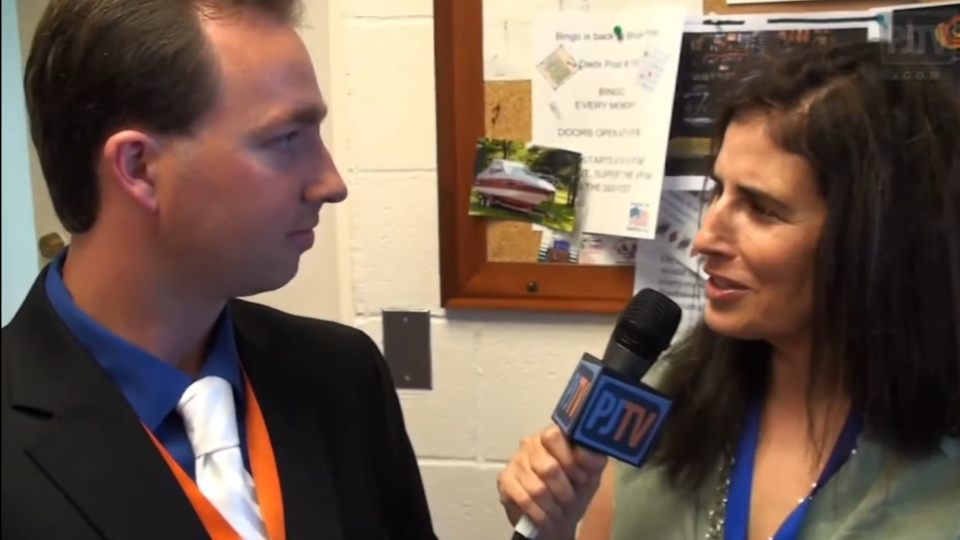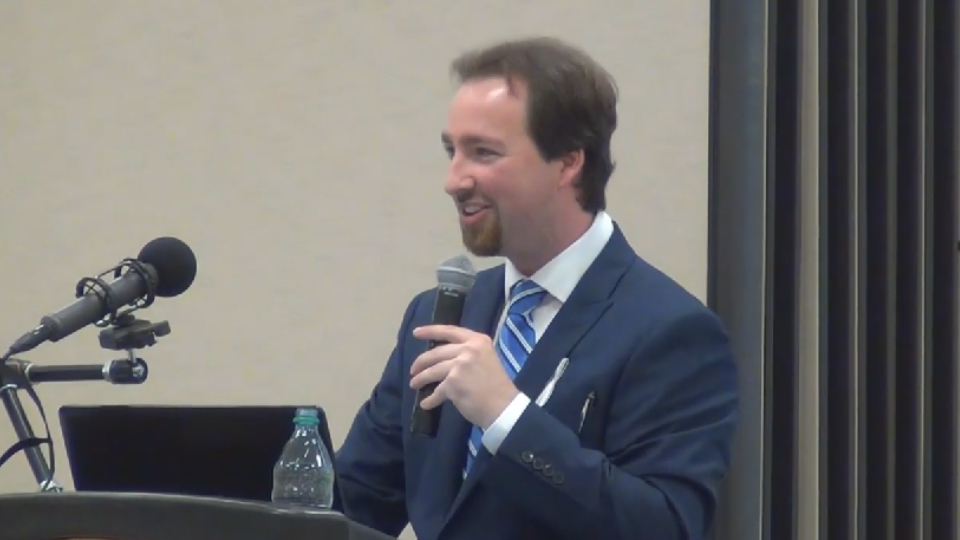Founder’s Story
Hi, I’m Jonathan.
People sometimes ask me how I got into this and what motivates me. In another life, I was a higher ed instructor. I saw some things happening in academia that I disagreed with, and worse things on the horizon. One of them was how teachers and students accused of misconduct are too often presumed guilty and treated unfairly, largely due to the one-sided and biased politics that dominate discussions about gender equality in higher education.
I was never accused of anything, but like many male teachers I was concerned about what would happen if I was. And I was concerned about university policies that could compel me, as a “responsible employee” who might one day be told about or overhear some allegation by a student, to relay that report to the school’s Title IX office and potentially put an innocent student through the meat grinder. So, in 2010, I joined a few fellow advocates to speak out about due process and gender bias in academia.
We were like voices in the wilderness back then; few dared to speak, and we did so at great professional risk. Sadly, our voices were not enough. The events that followed – which are chronicled in the posts and pages of this website – confirmed everything we feared would happen. Regardless, I kept documenting what was happening and advocating for fairness.
Over time, laws, judicial precedents, and regulations have changed. Title IX is now a complex and highly specialized area. It is only truly understood by those who eat, sleep, and breathe this kind of work – or who have been involved in a Title IX investigation. Accused students and their parents, when introduced to the system in real time, are often shocked to find out what it is like.
That’s why I have tried to make knowledge about the Title IX world more accessible to the general public by talking about what would otherwise only exist in obscure court records and creating databases to track court cases, regulations, and OCR investigations. That’s also why I decided to be an advisor for accused students, many of whom have no money tree to shake and are in need of affordable options.
Over the years, various advocates have come and gone. I have decided to stay. I see this problem as an inter-generational one. It is not just a legal issue for the courts, although that is an important part. It is also a cultural and a political problem. And there are huge, entrenched non-profit and business networks that make a living out of opposing due process and the humanity of the wrongly accused. This issue will not be solved by any one regulation or any series of court decisions. It will be solved by a society-wide generational shift in our understanding of how to treat the accused in general, and men and boys in particular.
I would be lying if I denied that I am also motivated by what I believe is a profound mismatch between what higher ed should be and what it is. When I was young, I looked at academia as a beacon of enlightenment and an institution dedicated above all else to the pursuit of objective truth. I thought that, by the very nature of this divine mission, corrupting influences like politics and prejudice would just fall away. I was idealistic and naïve.
I am older now. I have learned that there never was a Golden Age of Academia; each era has had its own distinctive challenges and corruptions, both from within and without. But we can find ways to reduce the harm and right the wrongs that exist in our own time. I have found that making a positive difference in the lives of individual students and families who are caught up in Title IX proceedings is a great way to do that.
– Jonathan Taylor
Founder, Title IX for All




